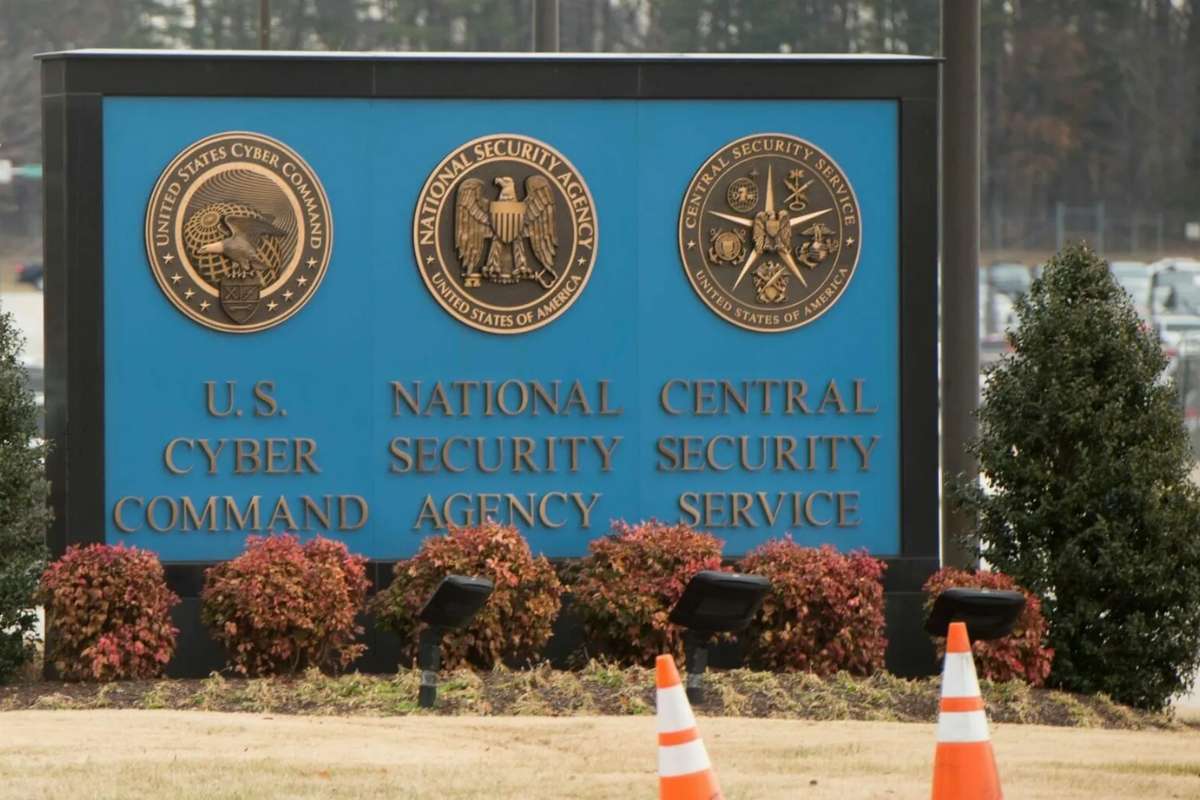Enhanced Cybersecurity in Healthcare Measures for the Sector
With rising cyber threats targeting Cybersecurity in Healthcare organizations, the United Arab Emirates (UAE) has intensified its regulatory approach to bolster cybersecurity in the sector. The vulnerability of healthcare institutions, coupled with increasing ransomware attacks, has necessitated stricter measures to protect sensitive medical and financial data.
Abu Dhabi has taken a significant step by introducing the second version of its Abu Dhabi Healthcare Information and Cyber Security (ADHICS) Strategy. This initiative mandates hospitals, insurance firms, medical device manufacturers, and related organizations to implement robust security controls to safeguard critical operations. According to cybersecurity firm Fortra, this framework is a crucial move toward improving patient care while modernizing defenses against cyberattacks.
Darren Gale, Associate Vice President of Sales at Fortra, emphasized the importance of industry-specific cybersecurity strategies. He noted that healthcare data is particularly sensitive due to its dual value in medical and financial transactions, making it a prime target for cybercriminals. Ransomware groups often exploit the urgency of medical care, prompting hospitals to pay ransoms rather than risk disruptions. A study by Microsoft revealed that in 2024 alone, healthcare accounted for 23% of ransomware incidents handled by incident response firms, highlighting the sector’s vulnerability.
Regional Cybersecurity in Healthcare Challenges and Developments
Despite the urgency, cybersecurity adoption in the healthcare sector has been sluggish. Studies indicate that nearly 72% of top hospitals in the UAE and Saudi Arabia have yet to implement essential security protocols, such as Domain-based Message Authentication, Reporting, and Conformance (DMARC). Additionally, 31% of institutions do not use DMARC at all, leaving them exposed to email-based cyber threats.
The significance of securing medical data cannot be overstated. Experts warn that stolen medical records fetch up to ten times the price of financial records on the black market, making hospitals an attractive target for cybercriminals. Osama Alzoubi, Vice President for the Middle East and Africa at IoT security firm Phosphorus Cybersecurity, stressed that healthcare organizations cannot afford downtime, as their operations directly impact patient safety.
To address these vulnerabilities, the UAE and Saudi Arabia have been working to strengthen their critical infrastructure’s cybersecurity defenses. This includes conducting annual cyber exercises for financial institutions and fostering cross-industry collaborations to identify and mitigate cyber threats. The ADHICS Strategy serves as a guiding framework, focusing on six key pillars: governance, resilience, capabilities, partnerships, maturity, and innovation. The approach ensures that cybersecurity measures integrate seamlessly into healthcare operations without delaying medical services.
A Model for Future Cybersecurity Frameworks
While the ADHICS Strategy is currently specific to Abu Dhabi, experts believe its structured approach could serve as a model for other emirates and the broader Middle East region. Gale pointed out that while Dubai’s healthcare cybersecurity framework is well-established, other emirates are likely to adopt similar regulations to align with Abu Dhabi’s standards.
The increasing threat landscape has underscored the necessity of robust cybersecurity frameworks in critical sectors. A study by Microsoft found that a single ransomware attack on a hospital could significantly impact surrounding medical facilities, causing a surge in emergency cases and longer wait times. Similar findings from the Cybersecurity and Infrastructure Security Agency (CISA) in 2021 highlighted the cascading effects of cyber incidents on patient care and hospital operations.
The growing adversarial environment has prompted greater awareness and action across the Gulf Cooperation Council (GCC). As organizations align with regulatory mandates, compliance with cybersecurity frameworks like ADHICS is expected to drive best practices, incorporating comprehensive security controls across people, processes, and technology. This proactive stance aims to fortify healthcare institutions against emerging cyber threats while ensuring uninterrupted patient care.






